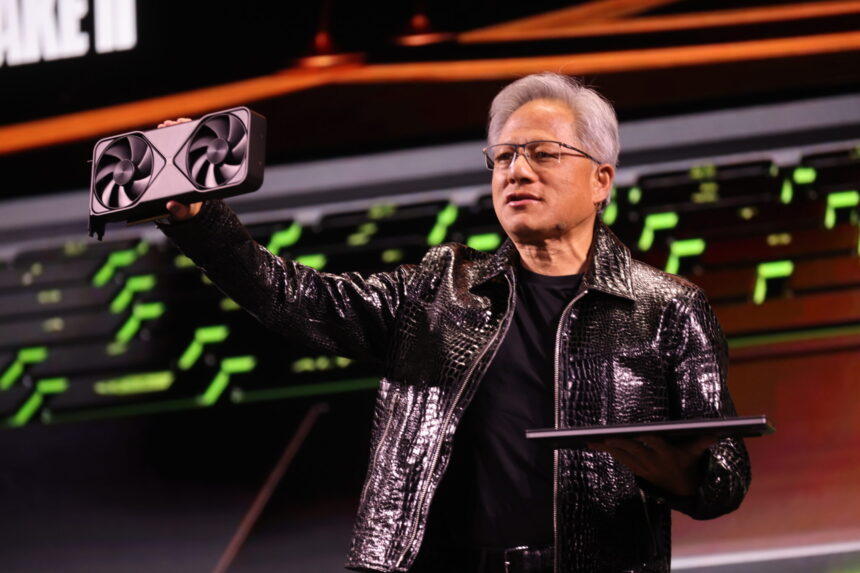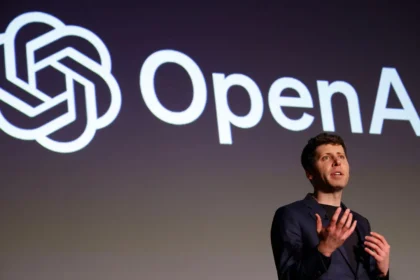NVIDIA CEO and founder Jensen Huang believes China is nearly on par with the United States when it comes to advanced semiconductor development, describing the gap as being only “nanoseconds behind.”
Speaking on a podcast hosted by tech investors Brad Gerstner and Bill Gurley, Huang emphasized that U.S. technology companies must be allowed to compete globally — including in China — in order to maximize both America’s economic success and geopolitical influence.
According to Huang, both Washington and Beijing benefit when U.S. firms like NVIDIA operate in China. While Chinese companies are racing to reduce reliance on NVIDIA, he argued that restricting U.S. companies risks weakening America’s competitive edge:
“This is a vibrant, entrepreneurial, hi-tech, modern industry. What’s in the best interest of China is for foreign companies to invest in China, compete in China, and for them to also have vibrant competition themselves. They would also like to come out of China and participate around the world.”
NVIDIA’s Position Amid Geopolitical Tensions
NVIDIA’s AI GPUs have become the backbone of global AI development, powering large-scale training and models. The success of these chips has driven NVIDIA to the top of the market, making it the most valuable company in the world by market capitalization.
But escalating U.S.-China tensions have taken a toll on NVIDIA’s business:
- Earlier this year, the U.S. government banned exports of NVIDIA’s H20 AI GPU to China.
- NVIDIA subsequently agreed to a 15% tax on certain U.S. sales.
Despite these hurdles, Huang insists that competition — rather than isolation — is the path forward.
Huang’s comments underscore the delicate balance facing U.S. tech firms. While restrictions aim to limit China’s access to cutting-edge technology, the NVIDIA CEO argues that shutting off competition risks undermining both U.S. innovation and influence.










